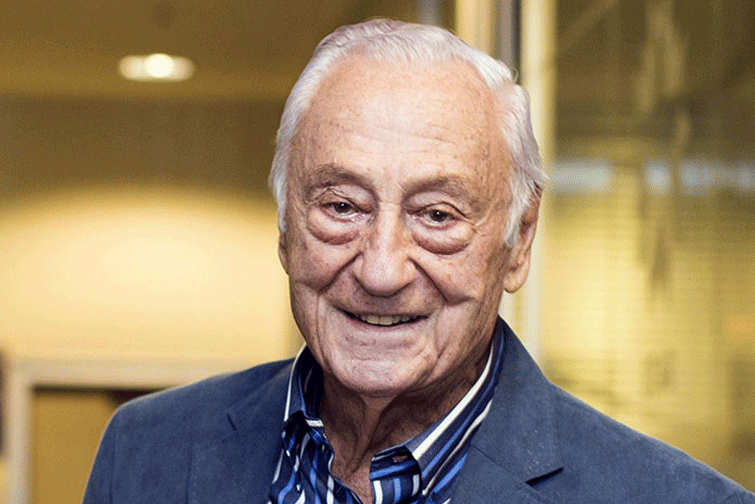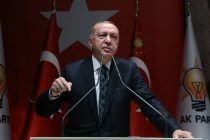One of Turkiye’s finest sports presenters and journalists, Halit Kıvanç, who was behind many broadcasting ‘firsts’, has been laid to rest. He passed away on Tuesday, 25 October, aged 97.
Kıvanç’s funeral, at Istanbul’s Zincirlikuyu Mosque and Cemetery, was attended by hundreds of people, including notable faces from the worlds of media, sport, entertainment, and government.
Regarded as the doyen of broadcasting, Halit Kıvanç was a former Turkish radio and television match host, and sports journalist, whose career spanned over six decades, making him one of the country’s longest-serving presenters.
He was born in Istanbul in 1925, although the exact date is not known; it is officially recorded as 18 February 1925.
How the interview with Pelé came about
One of Kıvanç’s biggest claims to fame was being the first foreign journalist to interview Brazilian footballer Pelé before he became a global superstar.
The pair first met at the 1958 FIFA World Cup in Sweden. Kıvanç had travelled there to cover the tournament for Turkiye and, as the Turkish national side was not in the finals, he was keen to interviews players from the other teams.
It was in a hotel in Stockholm, in the run-up to Brazil reaching the final, that the opportunity to meet a young and then unknown Pelé arose.

The gifted 17 year-old footballer was in the Brazilian squad for the World Cup, but initially none of the press core showed any interest in talking to him given all the other big stars in the side, as Kıvanç recounted years later.
Everything changed for Pelé in the 1958 World Cup final. The teenager had been a substitute for much of the tournament, but was selected to start in the final. He went on to become the youngest ever goal scorer in a World Cup final, bagging two of Brazil’s five goals in their 5-2 victory against Sweden. Yet it was Kıvanç who had grabbed that all important first interview with Pelé before he shot to stardom.
“The Brazilian team is here [in Sweden for the 1958 World Cup], they are awesome. There are about 500 journalists, I am one of the few people from Turkiye. I have a Brazilian and an Italian journalist in the rooms next to mine,” explained Kıvanç to Turkish TV about how his famous 1958 interview with Pelé came about.
“One evening, the Brazilian journalist said to me, “I’m going to do you a great favour.” We went to a 17-18 year old black football player. After all, we can’t even get close to great football players like Zito. “We’re going to interview this young boy, and I’ll be the interpreter,” Kıvanç continued.
“I did the interview for the sake of the child’s heart [he was in the press room before a World Cup match, along with other Brazilian players, but none of the journalists were interested in talking to Pelé]. A peasant boy who [at that time] speaks no other language than Portuguese. Anyway, we did the interview and sent it. By the time the interview went to Turkiye, Pelé was already shining.
“An embargo was immediately placed on the interview with Pelé. But we had already made it and sent it to Turkiye. So we went down in history as the first [foreign media] to interview [Pelé].
“After the interview [with Pelé], I spoke with a journalist from [Italian daily] Corriere Dello Sport. I said, “I’ll tell you what I’m talking about [to Pelé], if it helps you.” “If they find out I’ve been interviewing a substitute, they’ll fire me,” he replied.
“Then this process happened, it was forbidden to interview Pelé or something. Then he [the Italian reporter] came back and said to me, “Tell me about what you talked to Pele, I need a headline. If I did an interview before, they would fire, if I don’t now, they will.”
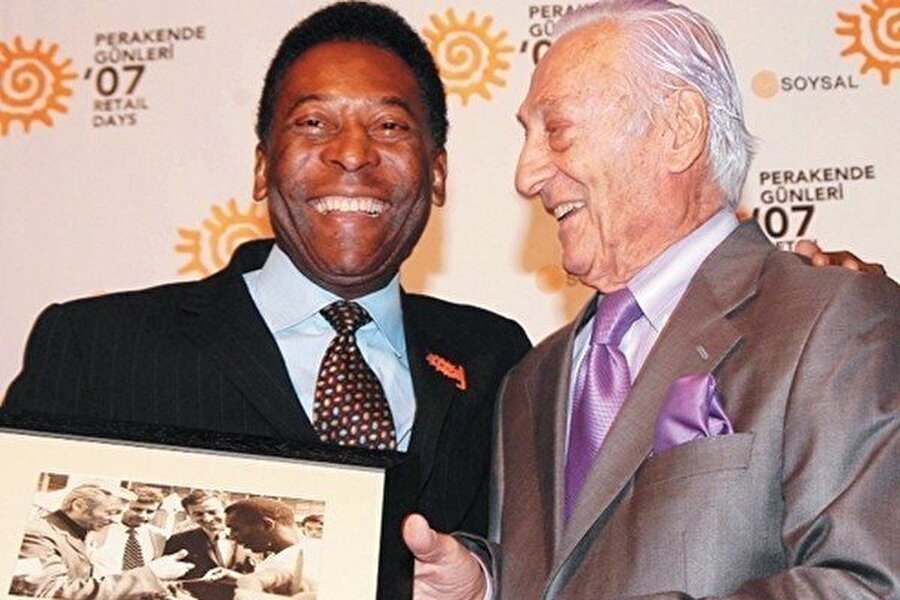
Pelé and Kıvanç would reconnect at future World Cup final tournaments, with Pelé always fondly greeting the Turkish journalist as “Istanbul” – his way of recalling who Kıvanç was from their very first meeting.
Brazilian media would also record Kıvanç as the author of this historic first interview with the country’s great star player.
Kıvanç resigned as a judge to become a journalist
Yet all could have been very different had Halit Kıvanç pursued a career in the law. He had been encouraged to study by his family, and he completed his higher education by graduating from the Faculty of Law at Istanbul University.
In 1950, he entered the Turkish civil service with a view to becoming a judge. After a short period of training, he was appointed judge to Kozluk, a small and deprived town in southeast Turkiye.
Just a few months into the job, Kıvanç decided against a life in the law. He resigned and returned to Istanbul, opting to try his hand at journalism, which at that time paid better than a small town judge.
Kıvanç had written for his law faculty student magazine Guguk (‘Cockoo”), and had a natural flair for it. His love of football initially led to a regular slot in sports weekly magazine Şut (“Shoot”).
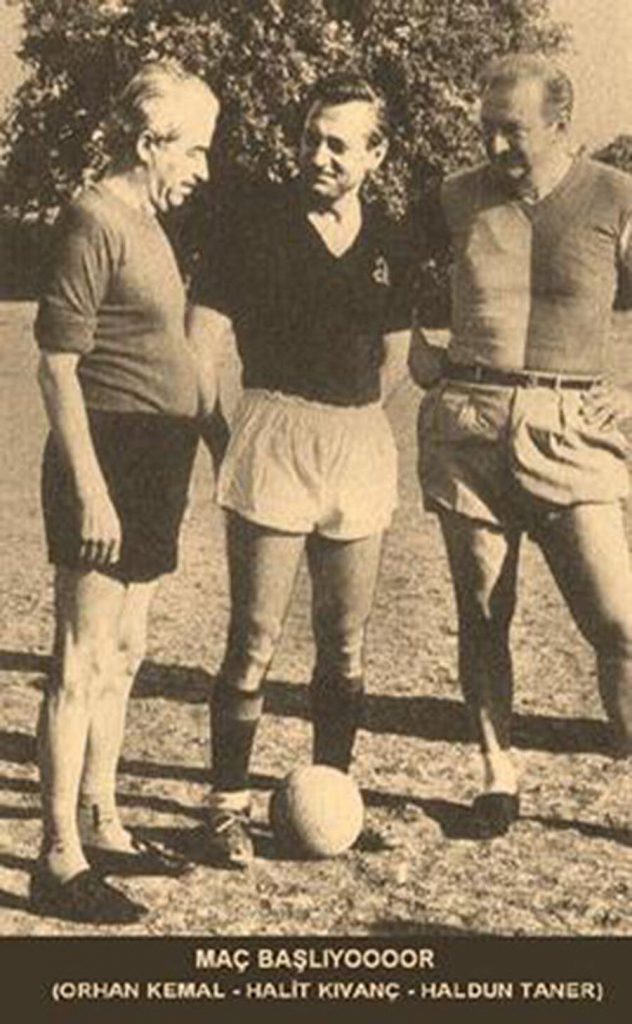
His witty side was regularly in evidence in his writing, and his talent was soon discovered by Yusuf Ziya Ortaç, the publisher of one of Turkiye’s best known illustrated satire magazines, Akbaba (“Vulture”), who also hired him.
Kıvanç’s talent for storytelling led to work writing sketches for shows on TRT’s Radio Istanbul. This soon gravitated to Kıvanç being given a presenter’s job, allowing him to tell the stories he had written directly.
The emerging writer was soon posting regularly sports reports for a host of national newspapers, including Milliyet, Tercüman, Hürriyet and Güneş.
In 1953, Kıvanç and two others, Alp Zirek and Halit Talayer, published Turkiye’s first daily sports newspaper, Türkiye Spor.
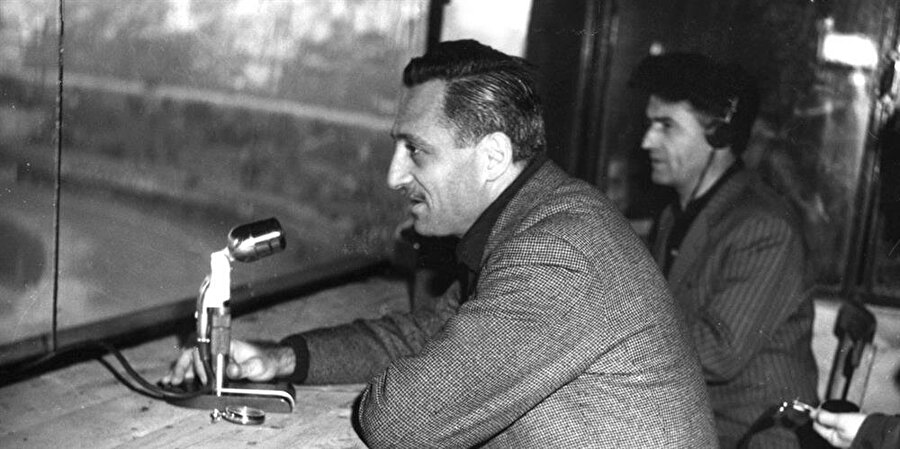
Kıvanç then gained international experience working with British broadcaster BBC, in a role he did for just under a year.
As his profile and breadth of work continued to grow, so too his contributions to the development of professional radio and television broadcasting in Turkiye.
Over 200 awards in his career
Among his many “firsts” in Turkish television broadcasting was as a presenter at the Olympics and a commentator for Turkiye at many other major international sporting events.
Kıvanç is the first Turkish commentator to present the FIFA World Cup on television. In total, he presented 10 FIFA World Cup finals on radio and television during his more than five decades in broadcast.
He was also not only the first Turkish, but also the first Muslim broadcaster to talk to the Pope.
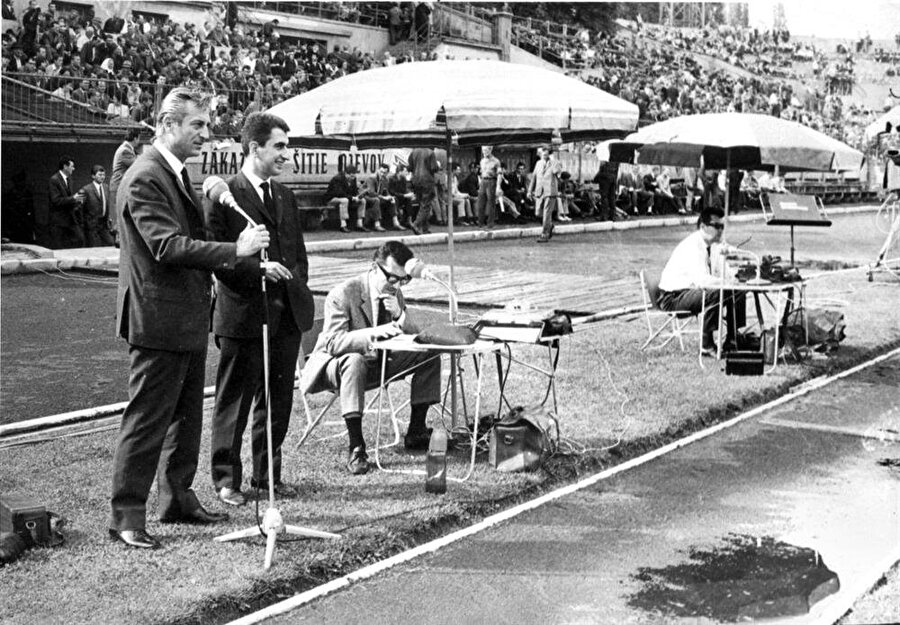
Despite retiring as made a match commentator in 1983 – his final broadcast was the Turkish President’s Cup match that year – Kıvanç continued to work as a presenter and journalist, celebrating his Golden Jubilee in 2005 following fifty years in broadcast.
His career included a long stint with private news and sports broadcaster NTV. His Sunday television show “Masters with Halit Kıvanç” made for compulsive viewing.
He also presented ‘Halit Kıvanç on the Microphone’ on Sunday mornings on NTV Radio, and Futbol Bir Aşk (‘Football Is A Love’) on the NTV Spor (sports) channel.
A staunch Fenerbahçe supporter, Halit Kıvanç also presented two talk shows, “100 Years of Legend” and “New Century of Legend”, both on Fenerbahçe TV.
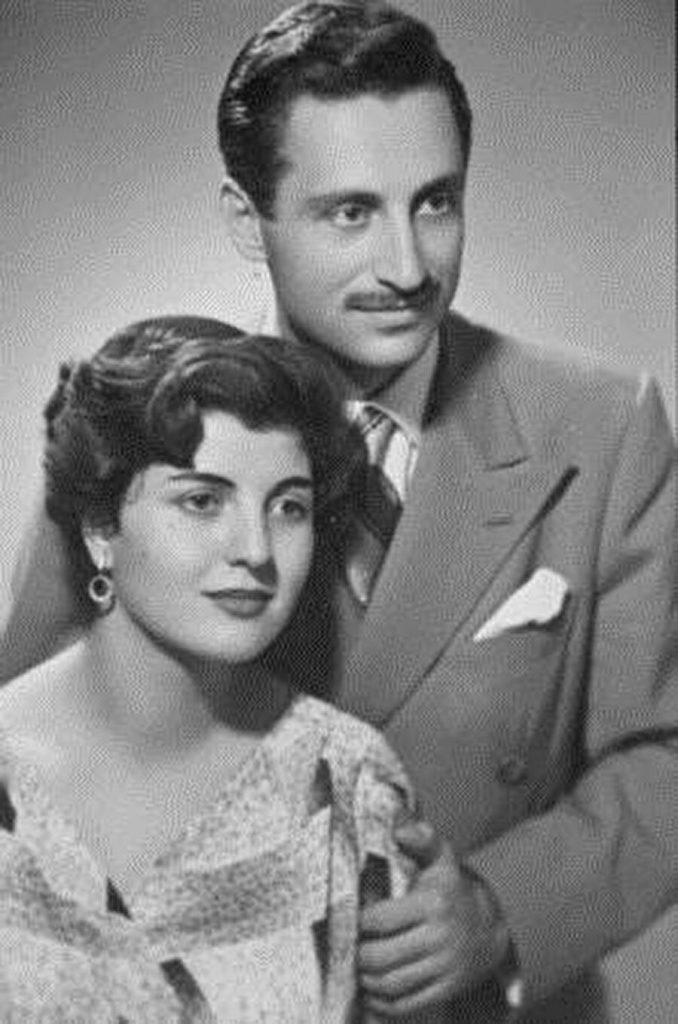
Kıvanç received over 200 awards during his long and illustrious career from the Journalists Association of Turkiye, TSYD (Turkish Sports Writers Association), and many other organisations.
He leaves behind his wife, Bülbin Kıvanç, whom he married in 1955. They couple had one child, son Ümit Kıvanç, who is a writer and musician.


